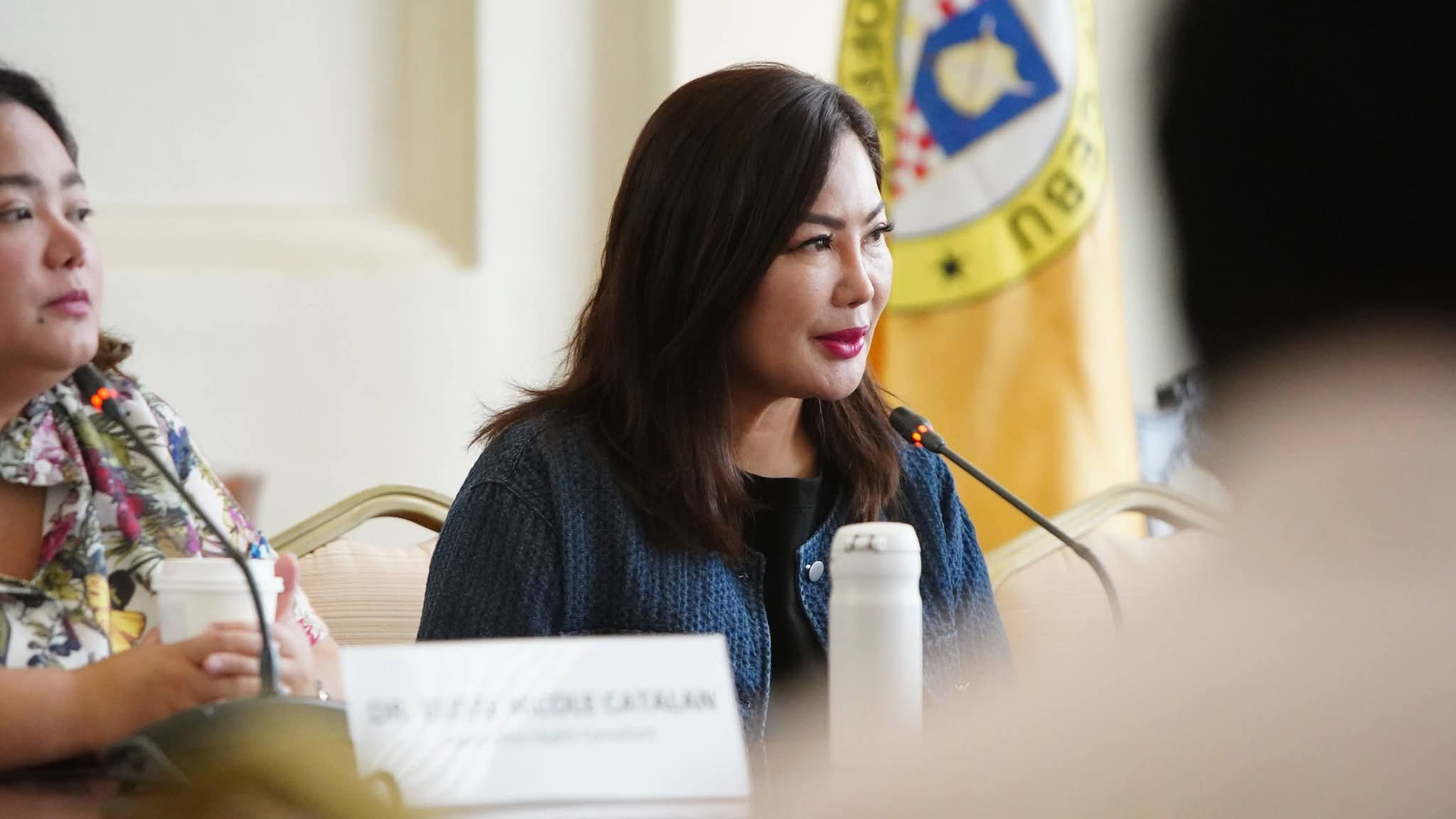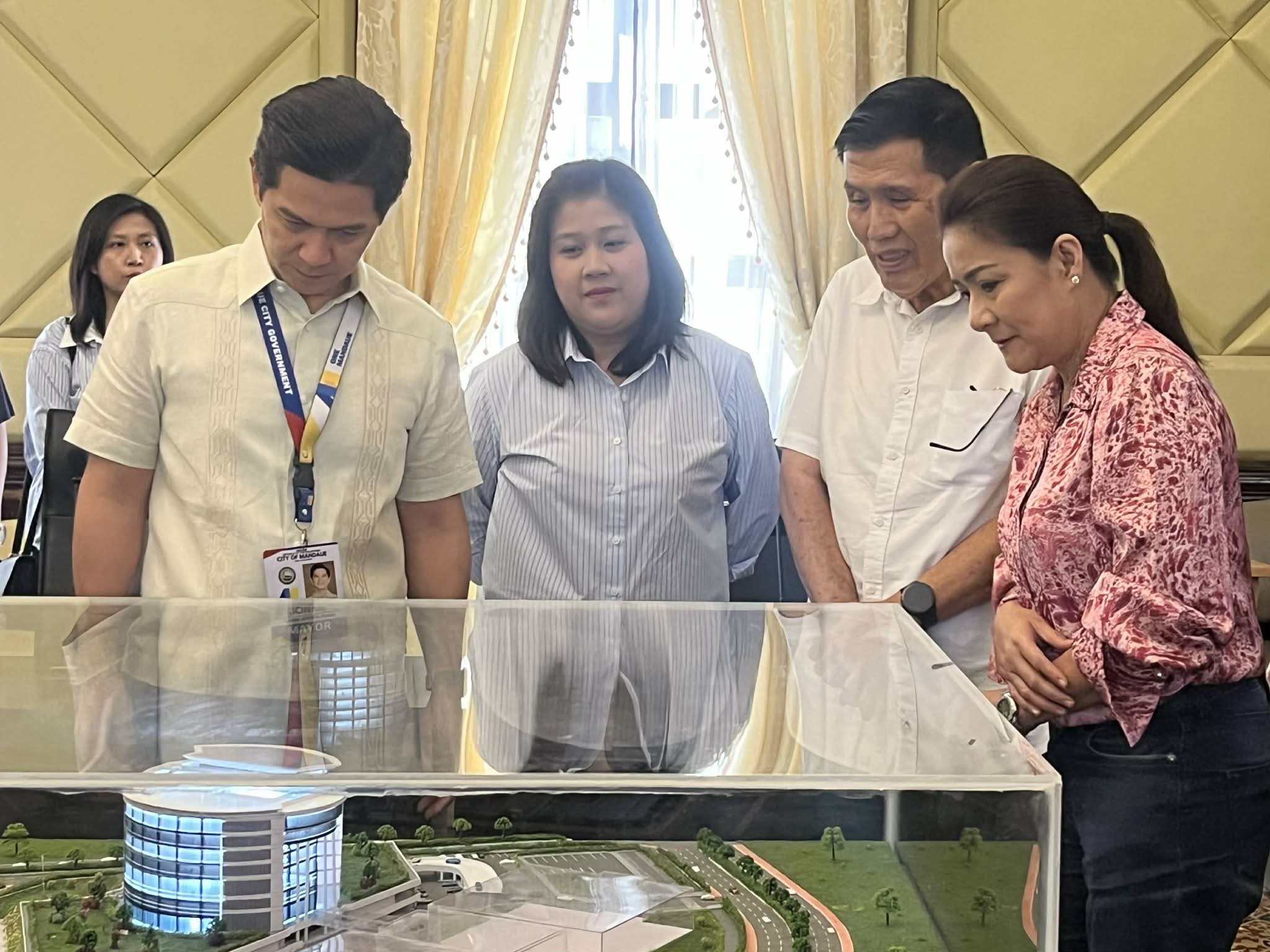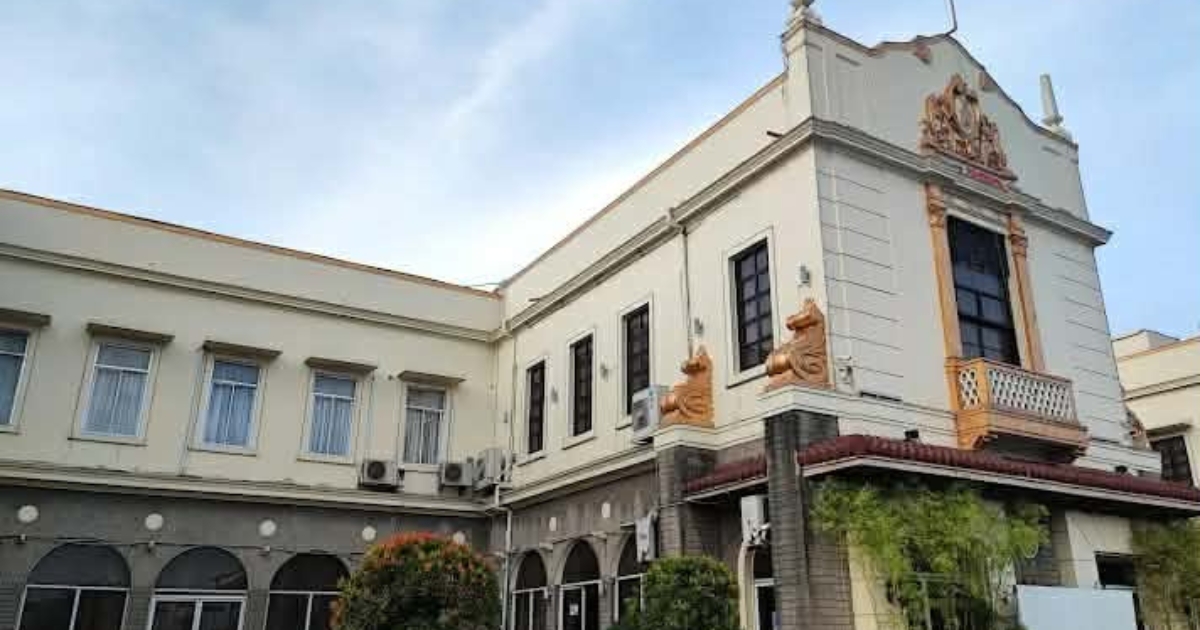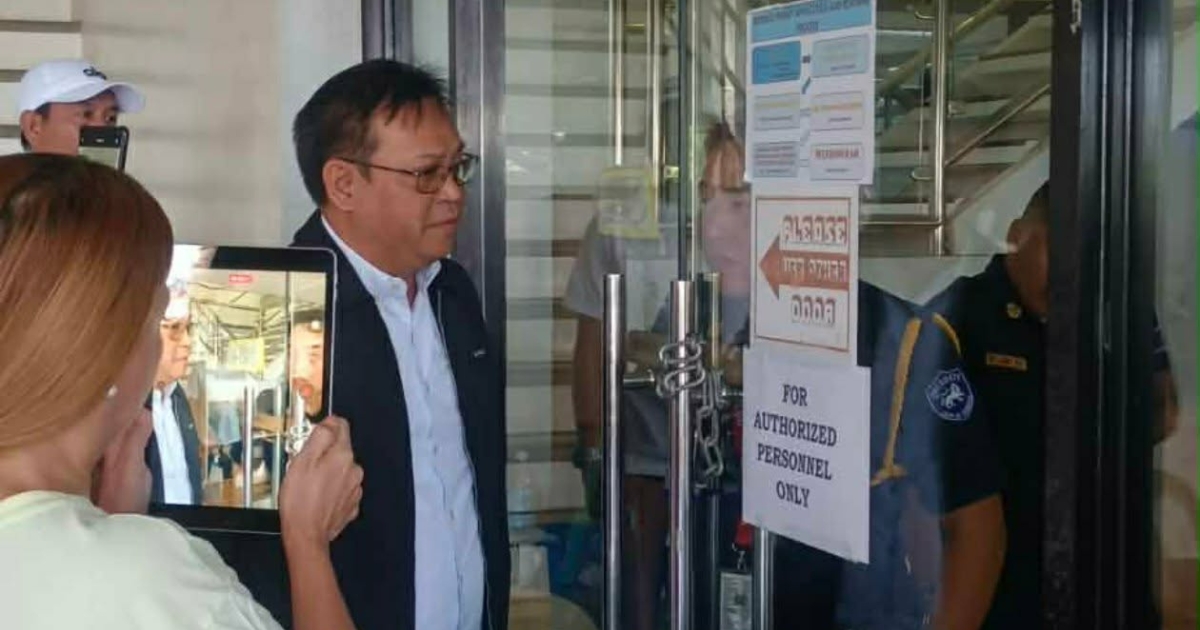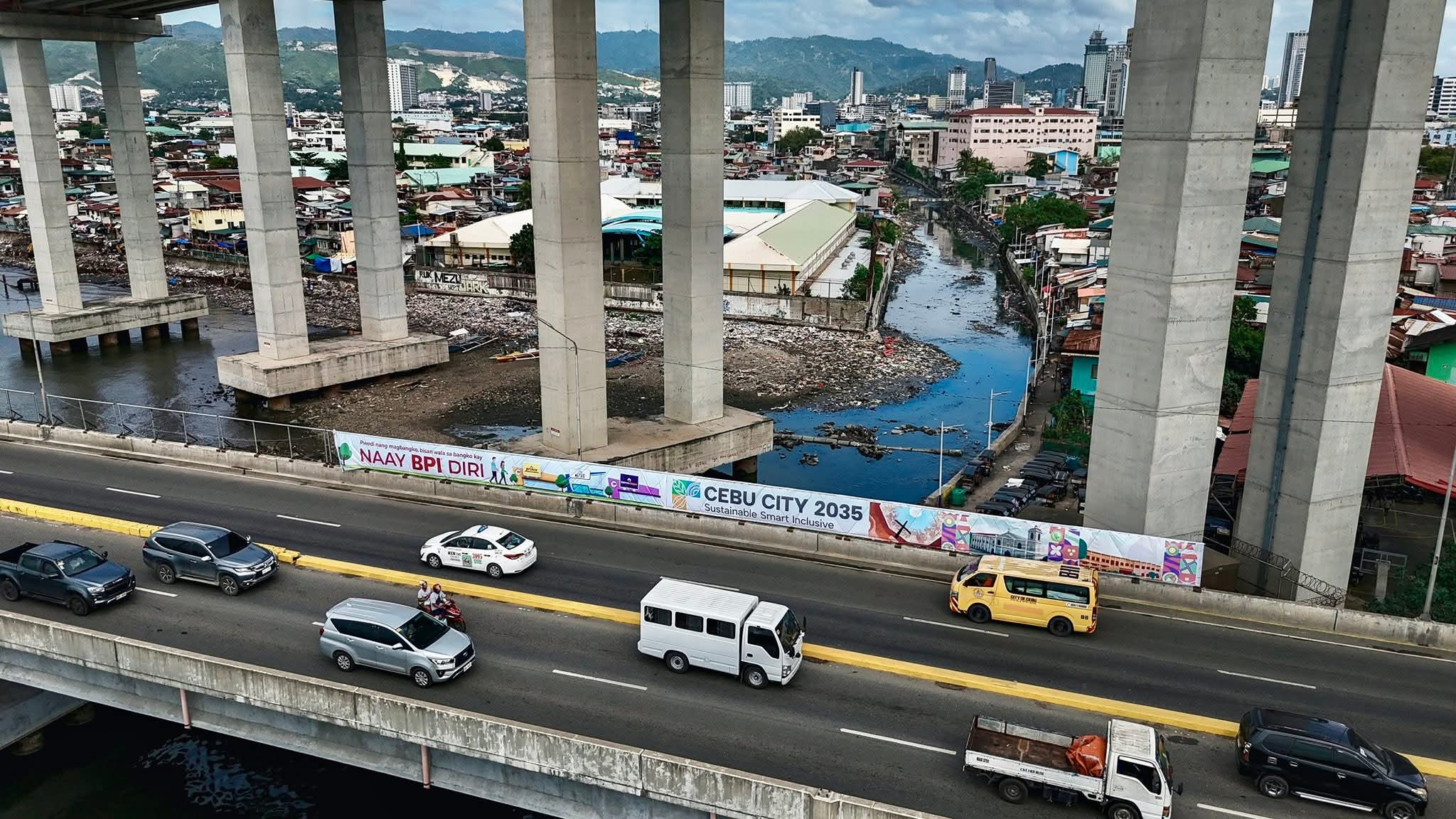The move to extend the term of office for barangay and Sangguniang Kabataan (SK) officials is now one step closer to becoming law, as both chambers of Congress have ratified the bicameral conference committee report reconciling their respective versions of the proposed measure. With the differences between the House and Senate versions now settled, the bill is set to be transmitted to Malacañang for the President’s approval.
From Conflicting Proposals to a Unified Measure
The House of Representatives and the Senate earlier passed separate versions of the proposed law.
House Version: Approved on third and final reading on June 9, 2025, the House bill sought to extend the term of barangay and SK officials from three (3) years to six (6) years, with officials allowed to serve a maximum of two (2) consecutive terms or twelve (12) years in total. It also proposed to reset the next barangay and SK elections to December 2029.
Senate Version: The Senate, for its part, passed its version on January 14, 2025, setting the term to four (4) years, with a maximum of three (3) consecutive terms — still totaling twelve (12) years. The Senate proposal scheduled the next elections for May 2027.
Final Agreement: November 2026 Elections, 4-Year Term
After deliberations, the bicameral conference committee reconciled the conflicting provisions and agreed to postpone the 2025 Barangay and SK elections to the first Monday of November 2026, and hold subsequent elections every four (4) years thereafter.
The Senate ratified this bicameral conference committee report on June 11, 2025. The House of Representatives is expected to follow suit within the week, after which the enrolled bill will be transmitted to Malacañang for the President’s signature.
Implications for Local Governance
Once signed into law, this measure will amend the current provisions of the Local Government Code and existing election laws, affecting the leadership and governance of over 42,000 barangays and thousands of youth leaders nationwide.
Proponents of the law argue that synchronizing barangay and SK elections every four years provides enough time for local officials to implement sustained programs and policies, while maintaining periodic accountability. However, critics remain cautious, warning of potential risks of prolonged political entrenchment and reduced public participation in grassroots governance.
What’s Next?
With Congress’s ratification completed, the enrolled bill is set to be transmitted to Malacañang for the President’s approval. If signed, the law will officially reset the barangay and SK polls to November 2026, establishing a new four-year election cycle thereafter.




